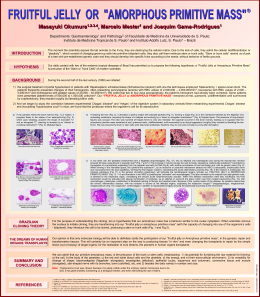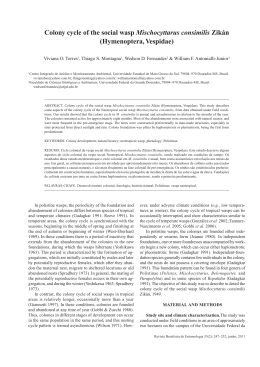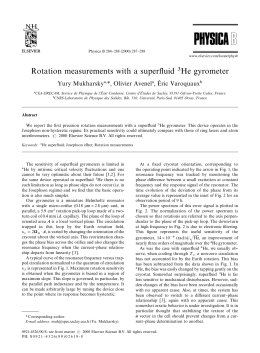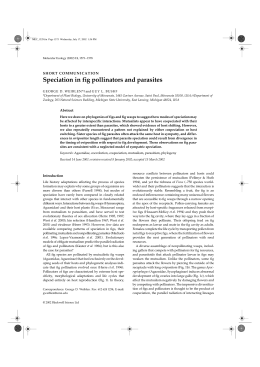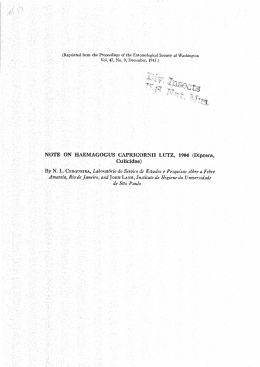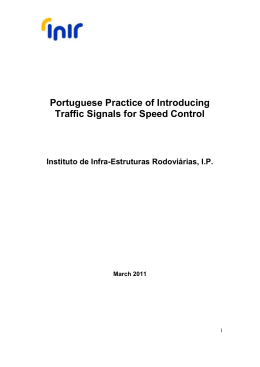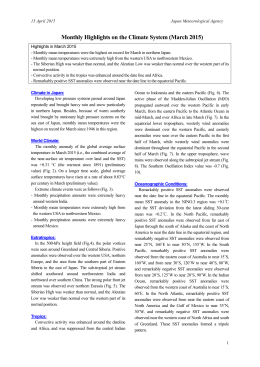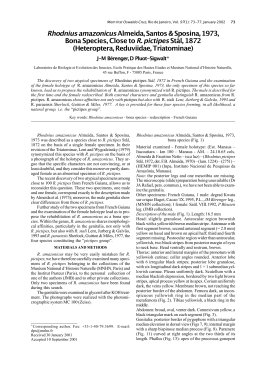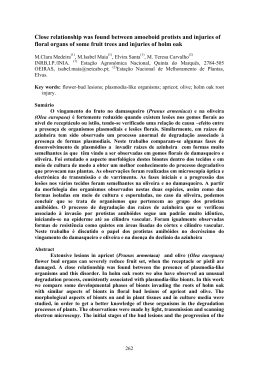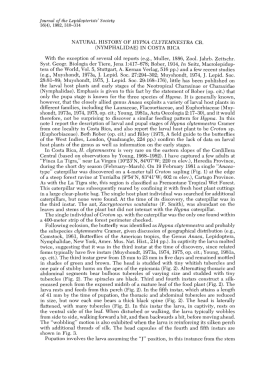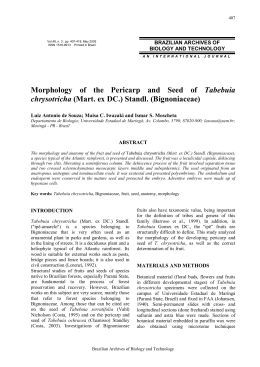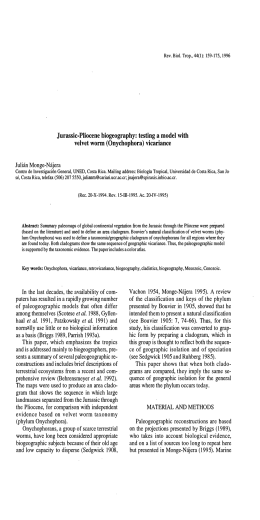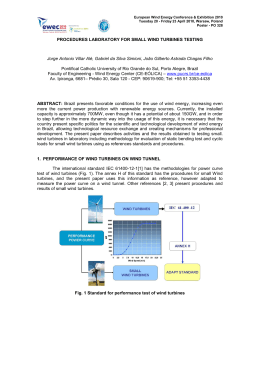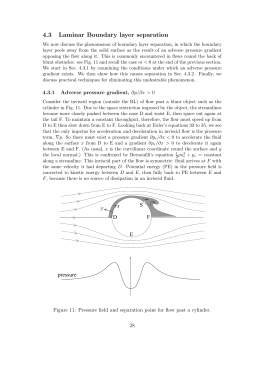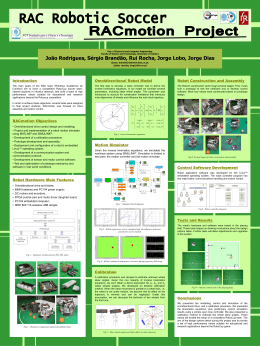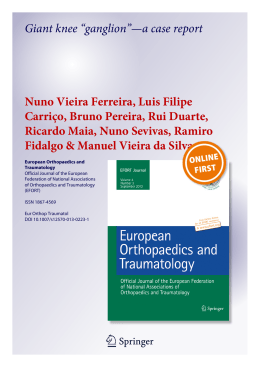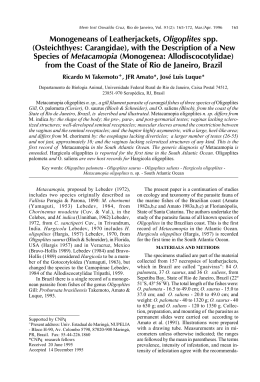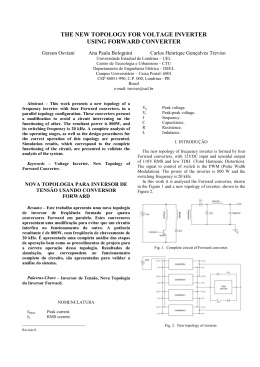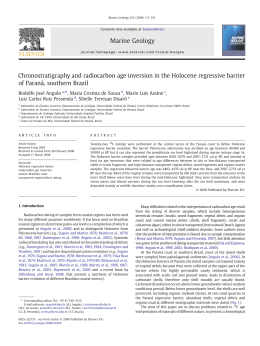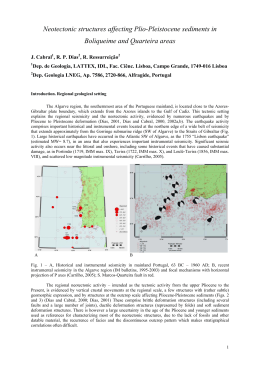Ecology, Evolution and Sustainable Use of Tropical Biodiversity 18-22 June 2012 Bonito Convention Center, Bonito, Mato Grosso do Sul, Brazil SYMPOSIUM 21: CONSERVATION, BIOLOGY AND EVOLUTION OF FIG TREES AND THEIR ASSOCIATED WASPS Bonito, 21st June 2012 (Thursday) Rodrigo A. S. Pereira (USP-Ribeirão Preto, Brazil) Finn Kjellberg (CEFE-CNRS, France) Fig trees (Ficus) are involved in ecological interactions with representatives of probably all class of living organisms. Especially, these plants are known due to the obligate mutualism with their pollinating wasps. Therefore fig trees and their associated organisms constitute a formidable system to assess ecological and evolutionary questions. Moreover, the approx. 750 Ficus species in the world comprise a singular opportunity to carry out comparative studies. This symposium will encompass recent findings on biology, conservation, diversity and evolution of fig and their associated wasps. In a wider evolutionary scale we will discuss the co-diversification between figs and their pollinating wasps and the diversification rate/key innovations among figs and theirs closest relatives. At population level, we will discuss genetic structuring and phylogeographic aspects of some fig species. In relation to biological conservation we will discuss data on community ecology of fig trees in fragmented landscapes in Brazil. Particularly on Neotropical fig species, we will discuss the current taxonomic status and host range of the associated wasps. In addition, we will discuss several aspects of fig wasp biology and fig reproductive biology, and their role on the fig – fig wasp evolution. TALKS (Room Guaicurus, 09h00-12h30) 09h00-09h15 (S21.OC.01) An extreme case of plant-insect co-diversification: figs and figpollinating wasps. Nina Rønsted 09h15-09h30 (S21.OC.02) Genetic structuring, variation in receptive fig odours and the phylogeny of the locally-associated pollinator species in Ficus septica, from Mindanao, Philippines to Taiwan. Lillian Jennifer Rodriguez 09h30-09h45 (S21.OC.03) Genetic structuring in six Asiatic Ficus species in Taiwan and at a broader geographic scale: biogeographic and biological insights. Finn Kjellberg 09h45-10h00 (S21.OC.04) Fig trees and the fig-fig wasp mutualism in fragmented landscapes. Rodrigo Augusto Santinelo Pereira 10h00-10h15 (S21.OC.05) Host range and diversification of resource use in Neotropical fig wasps. Fernando Henrique Antoniolli Farache 10h15-10h30 (S21.OC.06) Extended longevity in fig wasp in response to selection generated by its mutualistic partner. Yan-Qiong Peng Coffee Break Symposium 21: Conservation, Biology and Evolution of Fig Trees and Their Associated Wasps 11h00-11h15 (S21.OC.07) Comparison of pollination biology in different forms of Ficus auriculata. Da-Rong Yang 11h15-11h30 (S21.OC.08) Non-wasp fauna of Neotropical fig tree species: new insights on the fig-insect associations. Luciano Palmieri Rocha 11h30-11h45 (S21.OC.09) The genome of a fig pollinating wasp Ceratosolen solmsi. JinHua Xiao 11h45-12h00 (S21.OC.10) Host sanctions and pollinator cheating in the fig tree - fig wasp mutualism. Karin Charlotte Jandér 12h00-12h15 (S21.OC.11) Fig chemistry explains a "lust for salt" in Western Amazonian stenodermatine bats. Adriana Bravo 12h15-12h30 (S21.OC.12) Using a phylogenetic framework to investigate the drivers of extant fig diversity: a comparison of figs and their closest relatives Castilleae (Moraceae). Wendy Clement POSTERS (Karuha Space, 15h30-16h30) S21.P.01. Effect of habitat loss on the mutualistic interaction between Ficus eximia and its associated pollinators. Ludmila Maria Rattis Teixeira S21.P.02. Size of forest patches, richness and abundance of fig trees (Ficus sp). Erison Carlos dos Santos Monteiro S21.P.03. Ecology of a Population of Halysidota sp. (Lepidoptera: Arctiidae) in an Ficus sp. (Rosales: Moraceae) in Campus Uvaranas of the State University of Ponta Grossa – Paraná. Rayza Karoline Yanzen S21.P.04. Community structure of wasps on sympatric fig tree species in the Pantanal of Brazil. Priscila Canesqui da Costa
Download
